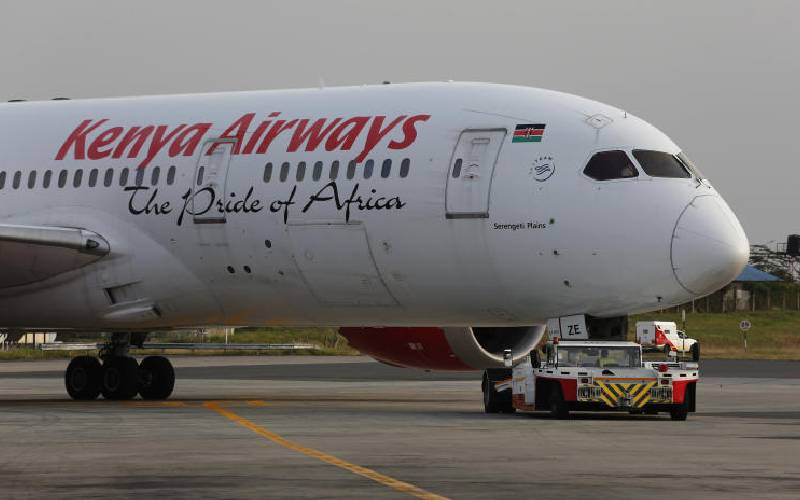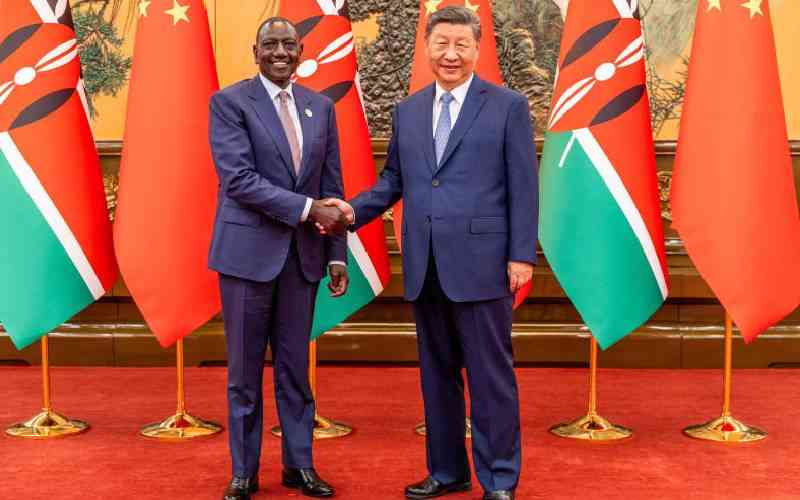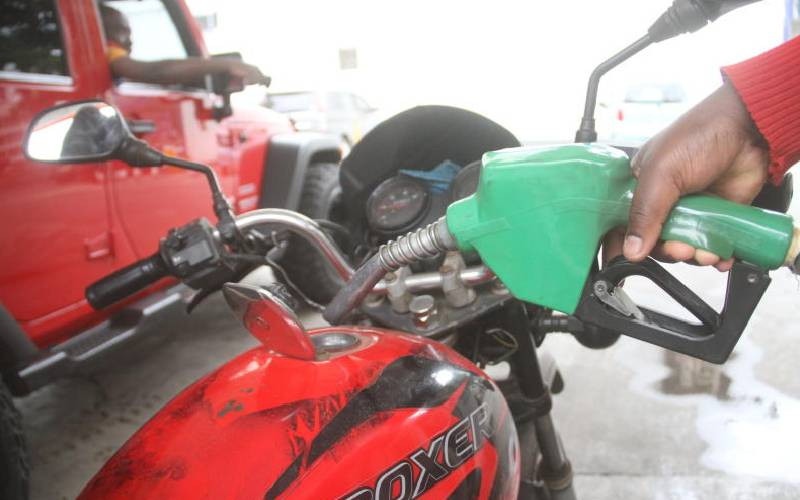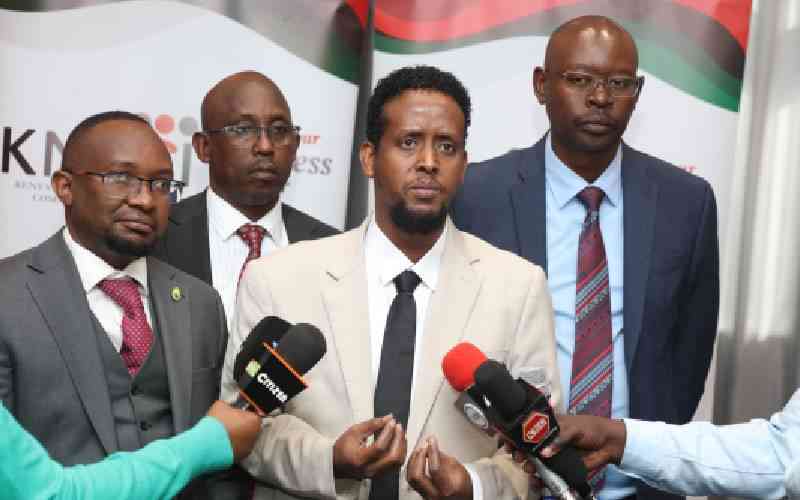×
The Standard e-Paper
Join Thousands Daily
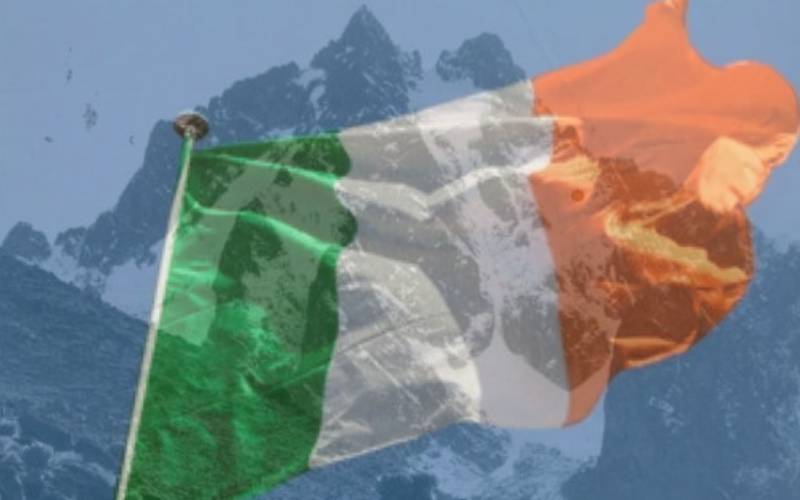
Are poverty and adversity some of the catalysts of great Irish writing? [Courtesy]
Why does Ireland produce such great writers, from James Joyce to William Butler Yeats? Remember the poem that introduces Chinua Achebe’s “Things Fall Apart?”

